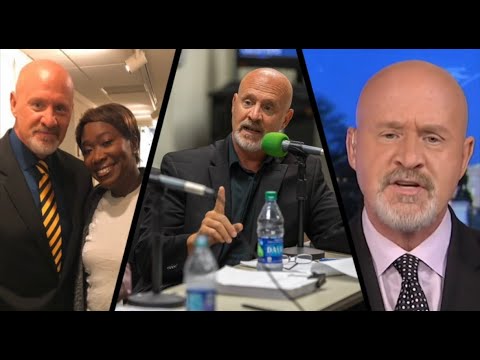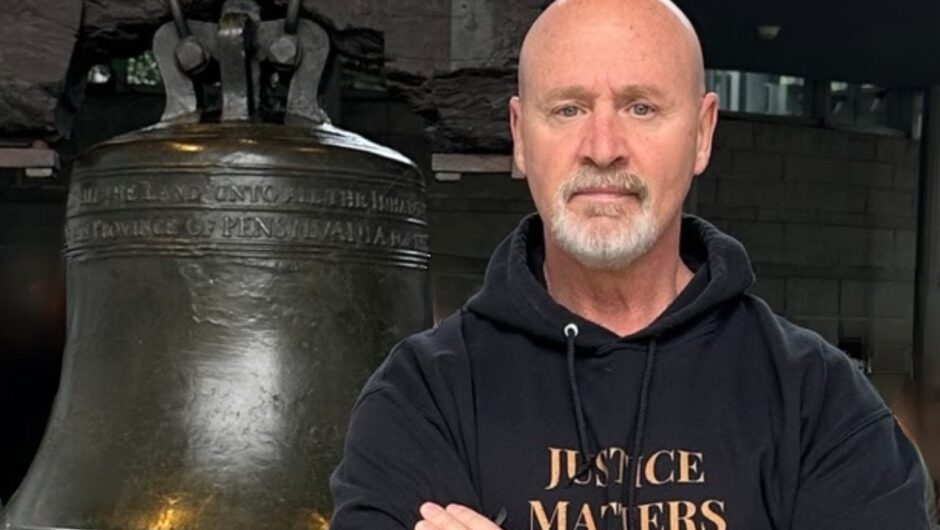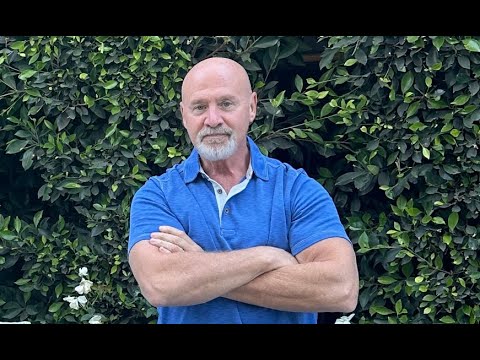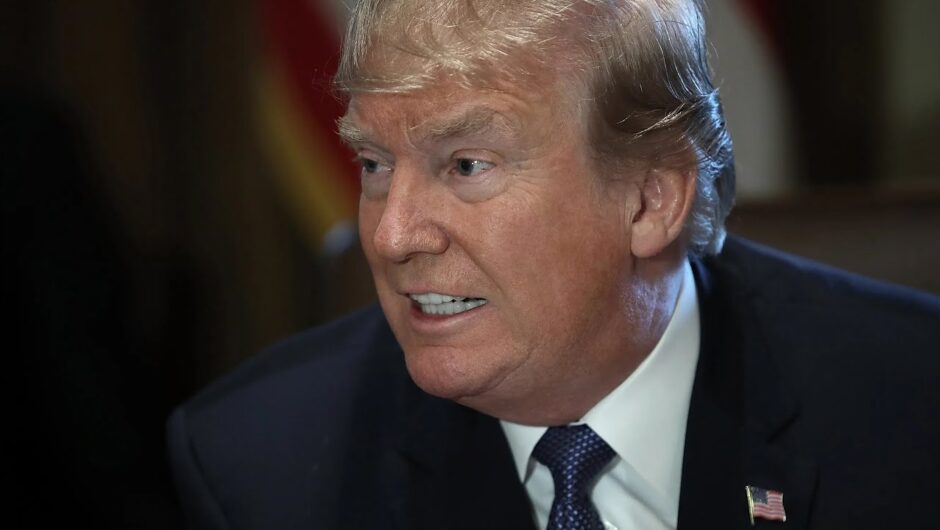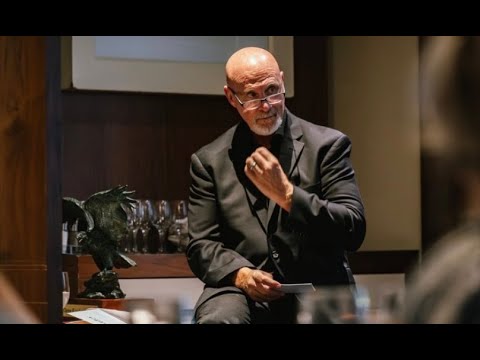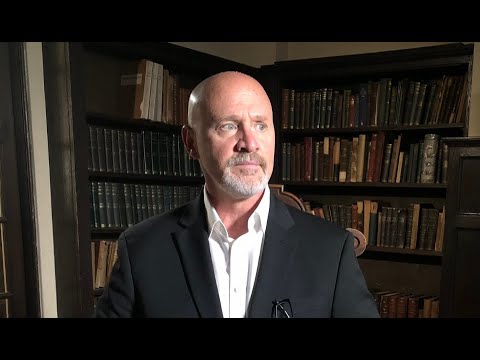Indigenous communities, migrant groups and people with a disability will be a key priority of the federal government’s new coronavirus vaccine information campaign.
Earlier this week the Therapeutic Good Administration cleared Pfizer’s COVID-19 vaccine for Australians over the age of 16. The federal government says vaccines will start rolling out across Australia by the end of February.
The campaign details how vaccines will be rolled out to groups including the elderly, Australians with a disability and frontline workers, including, when, how and where to get the jab.
Special committees have been formed to ensure vaccine information can be accessed by Indigenous communities, migrant communities and people with a disability.
Australia’s acting Chief Medical Officer Michael Kidd said the government was working closely with community leaders to ensure uptake of the vaccine.
“We are keen to see every person in Australia receive the COVID-19 vaccine,” he told reporters.
“We are working very closely with … representatives of culturally and linguistically diverse communities across Australia and with Aboriginal and Torres Strait Islander community leaders.”
He said the educate campaign would help ensure information about the “safety” and “efficacy” of COVID-19 vaccines reaches the population.
Government must learn from ‘missteps’ in communication
But ensuring accurate messaging to the country’s diverse communities about the virus has presented a challenge during the pandemic.
RMIT health behaviours and cross-cultural communication expert Dr Margaret Heffernan said the education campaign needed to learn from “missteps” in communicating with these groups.
“With the right messaging and inclusion of the community leaders and influencers, vaccine uptake can be very high,” she told SBS News.
“It is absolutely critical that they are involved in the decision making of the best ways to educate the people in their communities.”
NSW authorities as recently as this month revealed some people in multicultural communities still thought they had to pay for a COVID-19 test.
Basic translation errors in federal and state health messages have also been uncovered.
Challenges were also identified during Melbourne’s rapid lockdown of high-rise public housing towers during the state’s second wave.
Dr Heffernan said the government needed to ensure the campaign reached diverse communities, to avoid misinformation fuelling concerns about the vaccine roll-out.
“The government need to use every medium possible to cut through what I call the noise of misinformation,” she said.
“There is a lot of misinformation – there is a lot of lies – there is a lot of conflicting messages.”
Burnet Institute epidemiologist Professor Mike Toole added building confidence in the vaccine would be critical to its uptake.
“Confidence in both the effectiveness and the safety of vaccines is essential to get out there, to roll up their sleeves or the sleeves of their children and get the vaccine,” he told SBS News.
Campaign ‘important’ to ease worries about vaccine
Treasurer Josh Frydenberg said the vaccine advertising campaign would be an important measure towards easing potential community concerns about the roll-out.
“It is important there is an education campaign to encourage awareness and to put some people’s concerns at ease,” Mr Frydenberg told reporters.
Health Minister Greg Hunt added he is confident the messaging will get through given Australia has one of the highest vaccination uptakes in the world.
“I am confident, given Australia’s high vaccination coverage rates, that Australians will take up a safe and effective COVID-19 vaccine in equally high numbers,” he said in a statement on Wednesday.
“This campaign will help every Australian to understand how the vaccine works and how it will keep them and their family safe.”
The federal government has also dismissed concerns about possible delays in getting vaccine supplies to Australia.
Pharmaceutical companies are locked in a dispute with the European Union, with the EU threatening to impose export controls on vaccines produced within its borders.
Mr Frydenberg said that will not affect 10 million doses of the Belgium-produced Pfizer vaccine that Australia has purchased, or other doses of the AstraZeneca jab.
Additional reporting by AAP.

